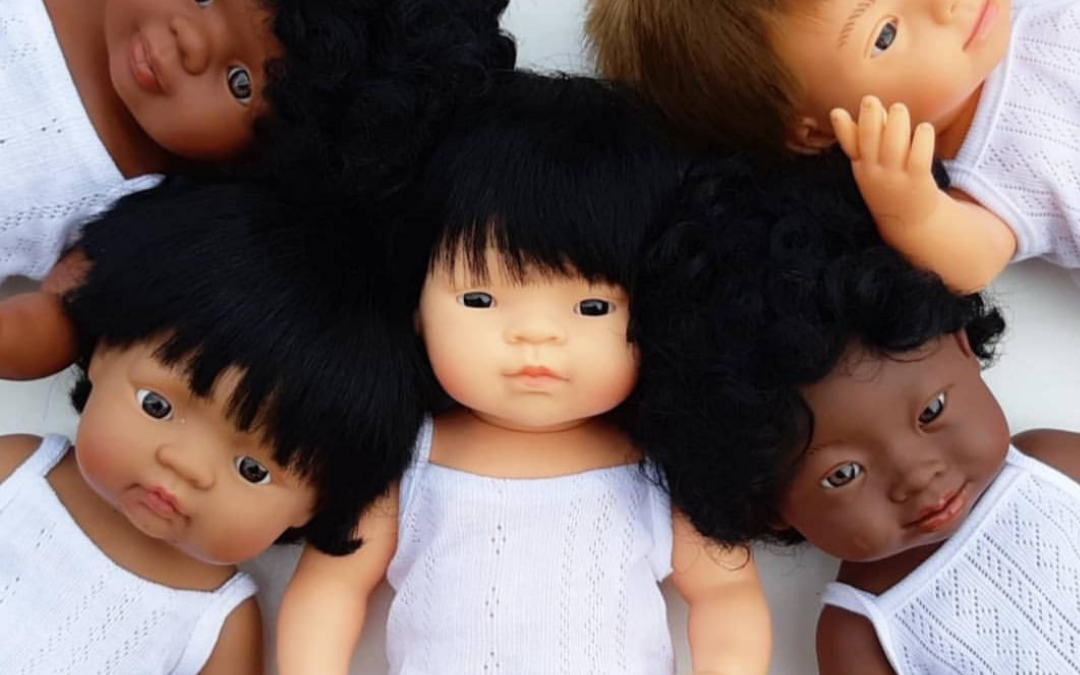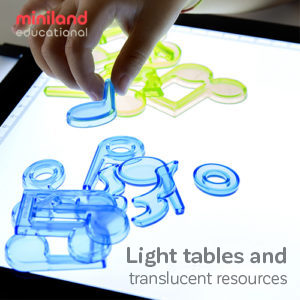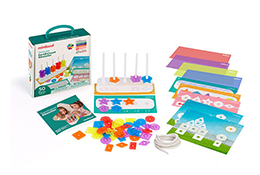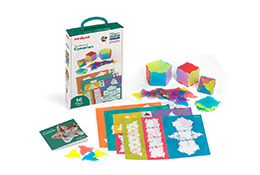It’s 2021, and yet after years of wonderful accomplishments and discoveries, sadly many people in the world are still in a mindset of not accepting those that are different than us.
To a small child, these differences could cause long-term emotional damage and affect their decisions and course of actions throughout the rest of their lives.
Our Classrooms today have never been more diverse. Children of all backgrounds, cultures and religions are represented throughout the landscape of the American classroom. Even so, many students do not feel included or accepted.
While we have made great strides in celebrating diversity on certain days, spotlighting cultures and races on certain months of the year, what students really need is that feeling of acceptance EVERY DAY.
Teachers have more of a responsibility than ever to ensure every single student feels seen and accepted, while being treated with kindness and respect.
On our Miniland Blog, we always find a way to incorporate acceptance and diversity celebrations into each and every theme we spotlight, building upon the foundation of Social Emotional Learning (SEL).
In honor of the last month of our impactful “You Belong” Campaign, and as Back to School quickly approaches, we’ve combined our favorite activities and recommendations to ensure diversity is celebrated every single day in every classroom:
- Perform a Diversity Audit: As you shop for new supplies, décor and activities for your classroom, make a list of what you see and don’t see amongst your current Classroom Supplies. A simple inventory check to jot down which cultures, identities, ethnicities and positive messages you have represented through your décor, bookshelf and materials will help you identify how well you’re doing in representation. Are you showing enough representations of various ethnicities in your materials, toys and games? Do you have any examples of messages for the differently abled? Make note of the items you’re missing and add them to your Back to School Supplies List for the coming year.
- Review your Curriculum: Take a look at what you taught your students this past year, and see how can you improve upon topics of inclusivity into your curriculum next year. One of the best ways to teach inclusivity, acceptance and kindness is through a strong dose of Social Emotional Learning. Combine physical play with corresponding online components, like our Teach & Play resources. By providing direction on assignments and lessons that encourage students to celebrate their identities and learn more about the identities of their classmates, you’re creating an open forum where students feel seen, safe and appreciated.
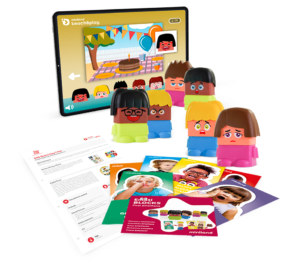
- Provide plenty of Play Opportunities to Demonstrate ACCEPTANCE and REPRESENTATION: Children learn so much through the simple joy of play. Fill your classroom with diverse options and skin tones for children to explore and learn through toys. Miniland has an array of dolls and fastening dolls in both African-American and African skin tones, as well as dolls with conditions like Down Syndrome.
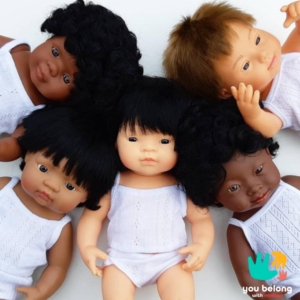 Image Credit: @Baby.Bear.Went.To.Play
Image Credit: @Baby.Bear.Went.To.Play - Our Emotiblocks and Family Diversity Blocks sets also include representations of African-American families and block figures to allow all children in the classroom to continue to see the beauty of different races and the normality of it. The more normal and accepting you make your classroom environment, the more accepting these young minds will be as they grow up.
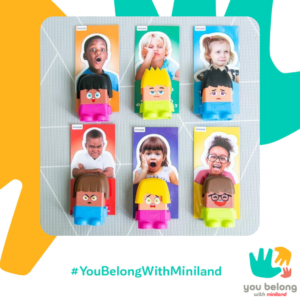 Image Credit: @TheMontessoriLife
Image Credit: @TheMontessoriLife - Prepare yourself and your classroom for the most emotional Back to School yet: Children have experienced something most of us have never had to experience before: a global pandemic that affected the health, lives and day to day activities of every single person on earth. Their schools closed, they had to adapt to virtual learning, they may have even been affected by the illness or death of a loved one. This upcoming school year will be the most stressful yet important Back to School experience for children, and for YOU. Equip yourself with helpful tools to encourage children to feel their emotions, identify them, and process them as they begin this new change. Most of these children haven’t set foot inside a classroom in over a year. Many have never been to school but have had to stay home in lockdown. With toys and games like our Emotiblocks and Emotions Detective, children will find ways to naturally identify specific emotions and pinpoint what they, and their peers, may be feeling. They will learn to recognize that their emotions are valid and normal, with your help. By showing them it’s ok to feel whatever they feel, they will build the confidence to move forward through this school year, both in the classroom and at home.
- LISTEN and think before YOU speak: Though your students might think the opposite, teachers don’t always have all the answers! Take the time to educate yourself by listening, to yourself and to others. Ask yourself if you have any cultural biases. If you have any preset or engrained attitudes towards any type of group or person. If you need to also identify your emotions and feelings as you head back to the classroom after a year and a half of uncertainty and fear. The work starts with you. Use this as an opportunity to focus on your own mental health. Take the time to listen to the little ones in your classroom. Give them a voice and show them you hear them. You have the power to affect change for generations to come by setting an example.
 Image Credit: @my3ratbagz_ With a new school year around the corner, remember the best thing you can do to celebrate diversity every single day is to provide your students with an environment that lets them feel safe and accepted, and equip them with kind and welcoming messages each day.Surrounding them with positive examples and with diverse play experiences as they learn will help build their confidence and level of acceptance.
Image Credit: @my3ratbagz_ With a new school year around the corner, remember the best thing you can do to celebrate diversity every single day is to provide your students with an environment that lets them feel safe and accepted, and equip them with kind and welcoming messages each day.Surrounding them with positive examples and with diverse play experiences as they learn will help build their confidence and level of acceptance.
